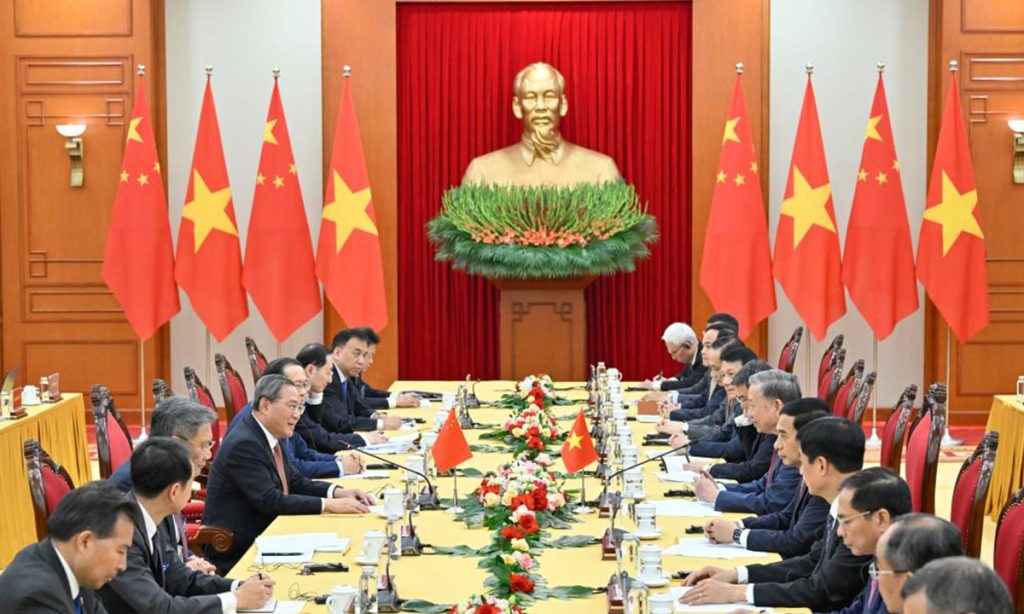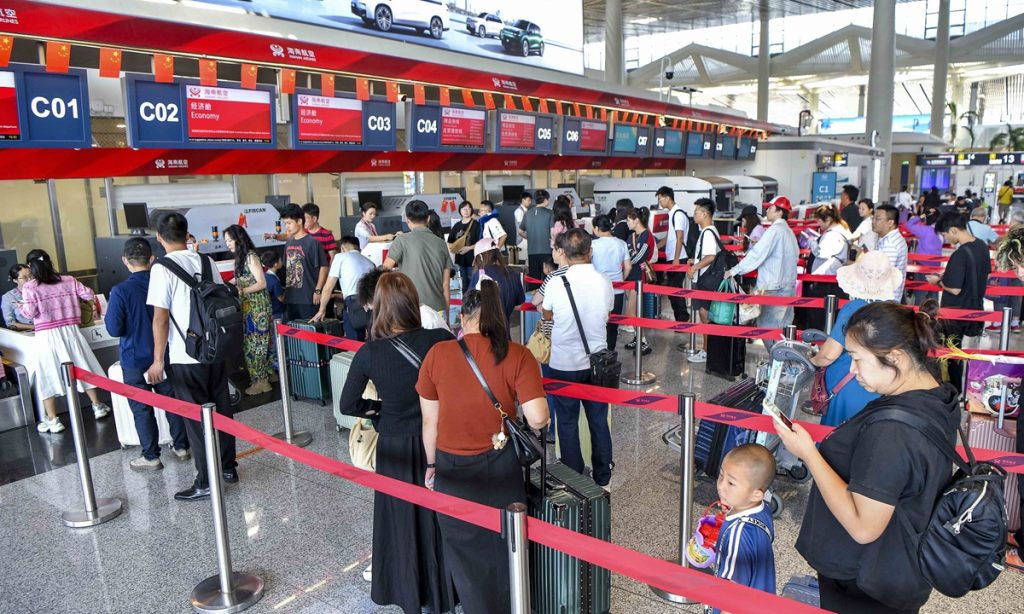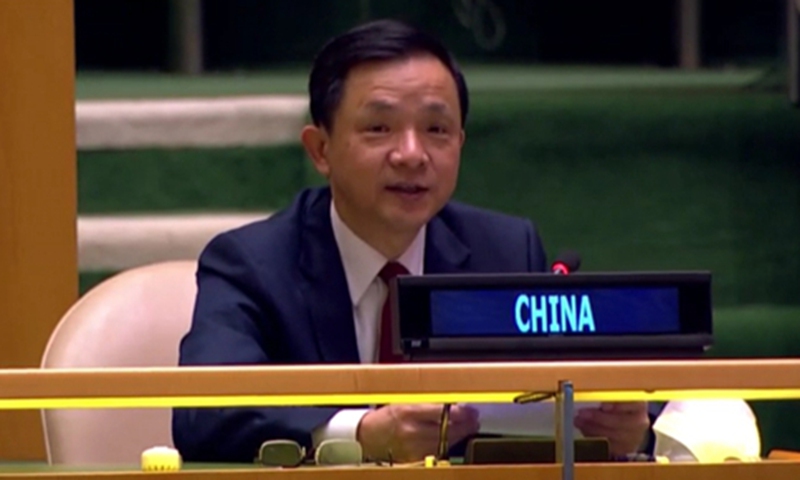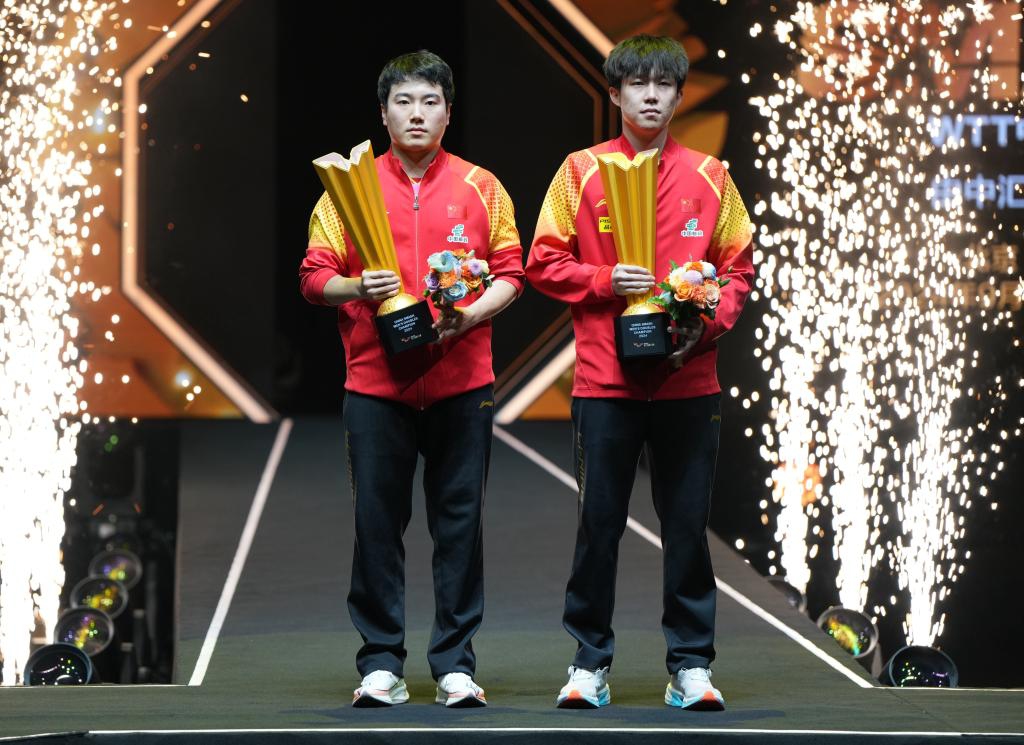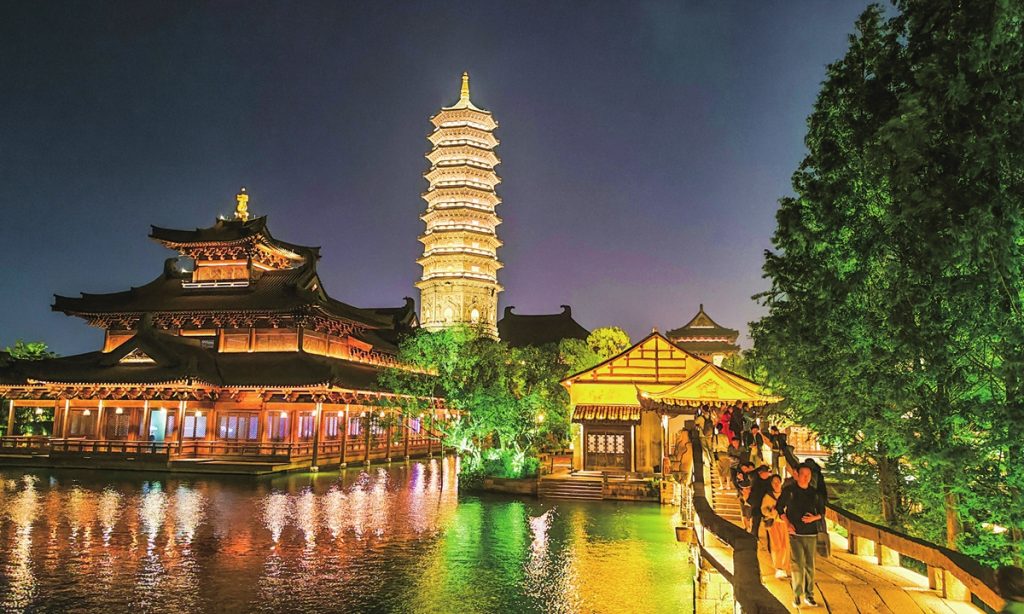Chinese farmers busy with golden autumn harvest as nation continues to prioritize food security
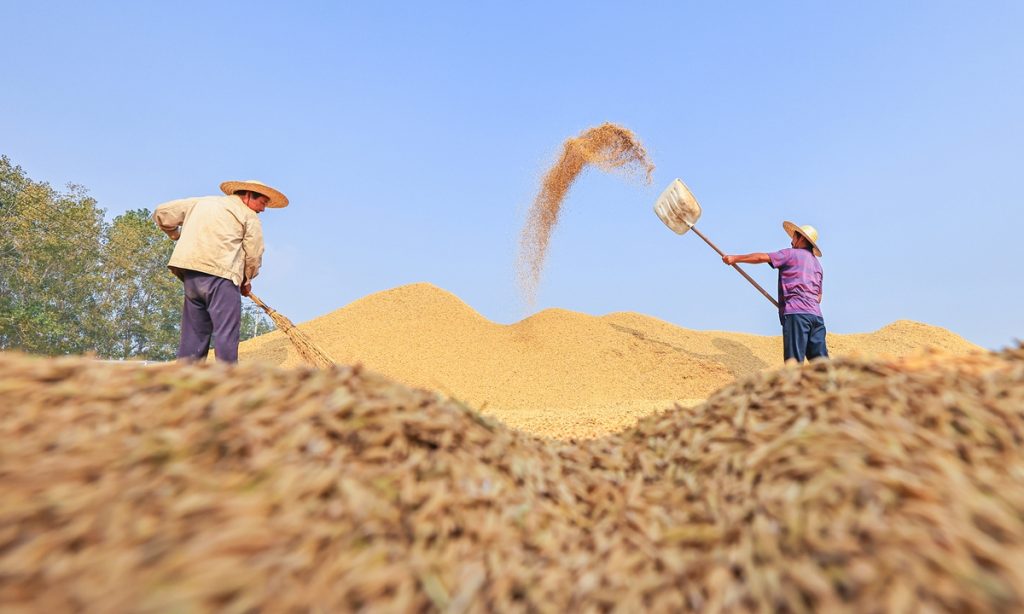
The autumn harvest is currently in full swing across China, the largest food producer and third largest food exporter in the world.
Autumn grain is the main component of annual grain production, accounting for about three-quarters of the total grain output for the year. It is crucial for securing the Chinese people's "rice bowl."
Bustling farmers can be seen in fields across the nation, promising a fruitful year during the golden days of October. In East China's Jiangsu Province, autumn grain area exceeds 44.7 million mu (2.98 million hectares), continuing to increase compared to the previous year; In Northwest China's Xinjiang Uygur Autonomous Region, cotton harvesting has also kicked off. According to the latest report, the overall cotton yield in Xinjiang this year will increase by five percent to 10 percent compared to last year; In Southwest China's Sichuan, the harvesting of 28 million mu of rice and 22 million mu of spring corn is nearing completion.
In total, more than 64 percent of the autumn food crops in China have been harvested, reflecting a pace that is 1.1 percentage points faster than anticipated, the Chinese Ministry of Agriculture and Rural Affairs said on Tuesday.
The importance of food security for the development and happiness of people's lives was reiterated on World Food Day, which fell on Wednesday.
The theme of this year's World Food Day is "Right to foods for a better life and a better future." It aligns with China's consistent emphasis on food security as the country feeds over 1.4 billion people with only nine percent of the world's arable land. Food security is listed as one of the eight priority areas of cooperation in China-propopsed Global Development Initiative.
An array of measures have been implemented to improve grain output over the past few years, including building more high-standard farmland and promoting agricultural technology, according to the Xinhua News Agency.
High-standard farmland is characterized by well-leveled, contiguous plots with advanced irrigation, efficient water use and enhanced soil fertility. Designed to withstand both droughts and floods, it aligns with modern agricultural practices and features pollution-free soil and high yields, according to Xinhua.
According to a report submitted to a legislative session in September, China had developed over 1 billion mu (about 66.7 million hectares) of high-standard farmland by the end of 2023, with 13 key grain-producing provincial-level regions accounting for around 70 percent of the total, Xinhua reported.
In recent years, the country has also been providing emergency food assistance to countries suffering from natural disasters and humanitarian crises, and actively sharing agricultural know-how and technology to help developing countries enhance food production, Mao Ning, spokesperson of the Chinese Foreign Ministry, noted at a press conference on Wednesday.
China stands ready to work with all sides to enhance food security cooperation and strive for a world free of hunger, Mao said.

